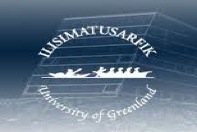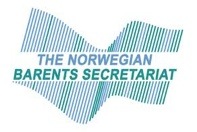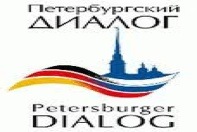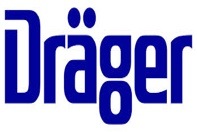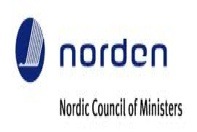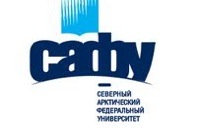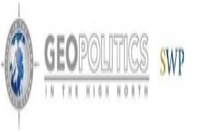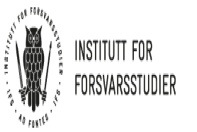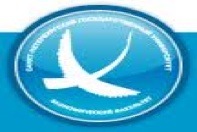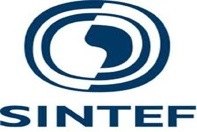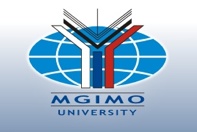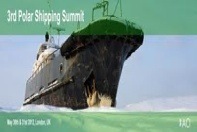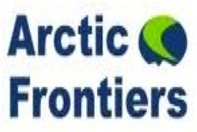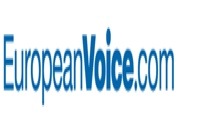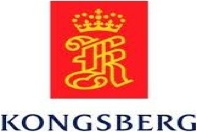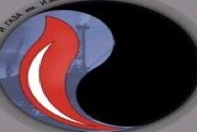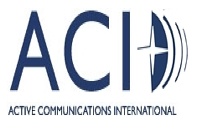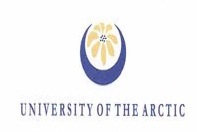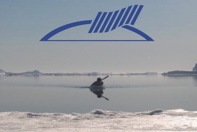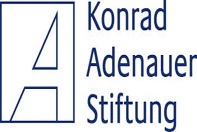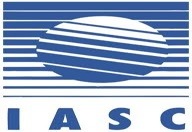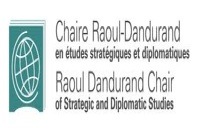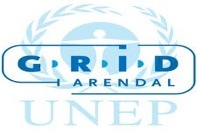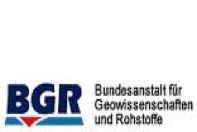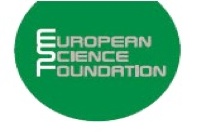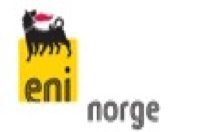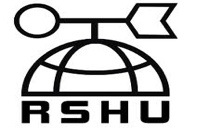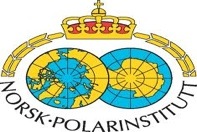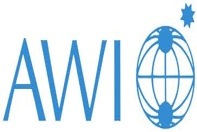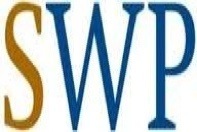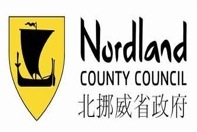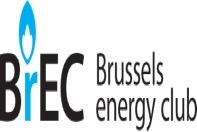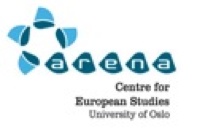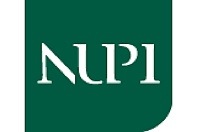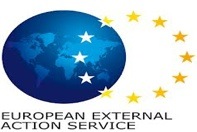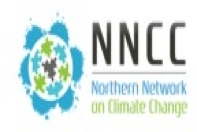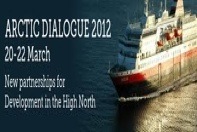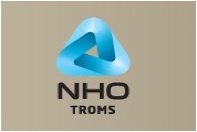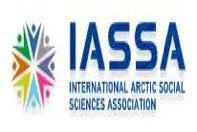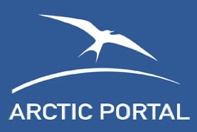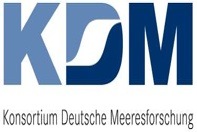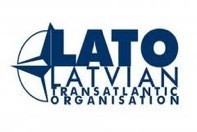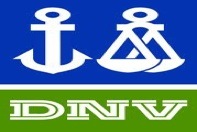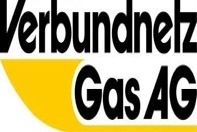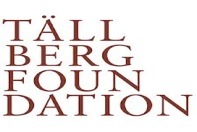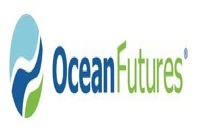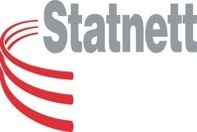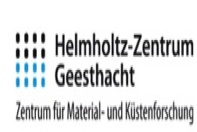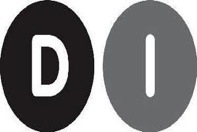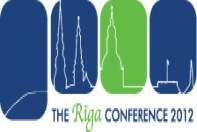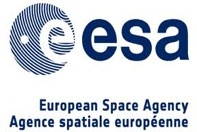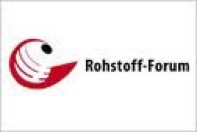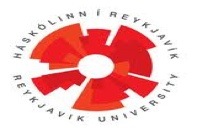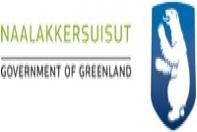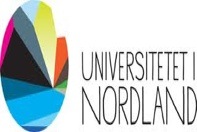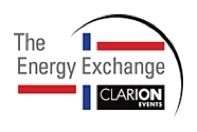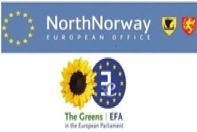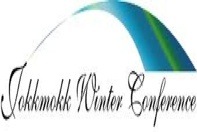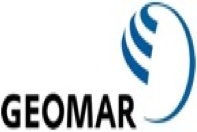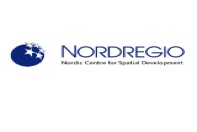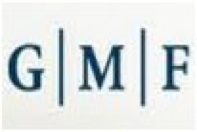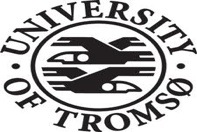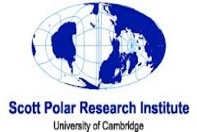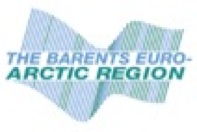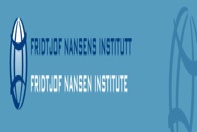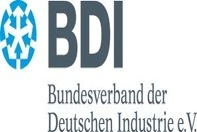Articles, Reports
Arctic Forum Fellows and Secretary General Contributing to the Arctic Yearbook 2012: Documenting Fast Times in the Arctic
 The Arctic Yearbook 2012 was released online in November 2012, and officially launched at an event at the Université du Québec à Montréal, a University of the Arctic member. The Arctic Yearbook 2012 had 17 articles and 5 commentaries written by 28 authors from 12 countries. Arctic Forum Foundation’s own Steffen Weber, Cécile Pelaudeix and Iulian Romanyshyn contributed to the edition with a comment on EU’s New Arctic Communication. You can read their contribution here. Read more…
The Arctic Yearbook 2012 was released online in November 2012, and officially launched at an event at the Université du Québec à Montréal, a University of the Arctic member. The Arctic Yearbook 2012 had 17 articles and 5 commentaries written by 28 authors from 12 countries. Arctic Forum Foundation’s own Steffen Weber, Cécile Pelaudeix and Iulian Romanyshyn contributed to the edition with a comment on EU’s New Arctic Communication. You can read their contribution here. Read more…
The delimitation process in the Central Arctic Seabed: Sovereign rights or a condominium or res communis omnium?
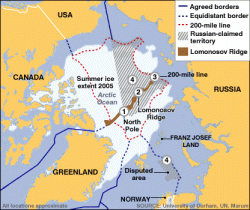 This paper focuses briefly on the positions and practices of the Arctic coastal States within the ongoing process of delineation of the outer limits of their continental shelves in the Arctic seabed. Namely, it particularly takes into account the seabed under the North Pole (the Lomonosov ridge) rich with energy resources which stretch across the Arctic Ocean and separate the Amerasian Basin from the Eurasian Basin. Read more…
This paper focuses briefly on the positions and practices of the Arctic coastal States within the ongoing process of delineation of the outer limits of their continental shelves in the Arctic seabed. Namely, it particularly takes into account the seabed under the North Pole (the Lomonosov ridge) rich with energy resources which stretch across the Arctic Ocean and separate the Amerasian Basin from the Eurasian Basin. Read more…
Book Launch: Arctic Reflections
Arctic Forum Foundation Fellow, Christy Hehir, and Luka Tomac (Croatia) joined forces to create a moving and insightful book capturing the experiences of Svalbard, as a part of an expedition organised by the British Council and United Nations Environmental Programme GRID – Arendal and funded by Youth in Action. Read more…
Breaking the Ice: the European Union and the Arctic by Steffen Weber and Iulian Romanyshyn, International Journal, Vol. LXVI, n°4, Autumn 2011
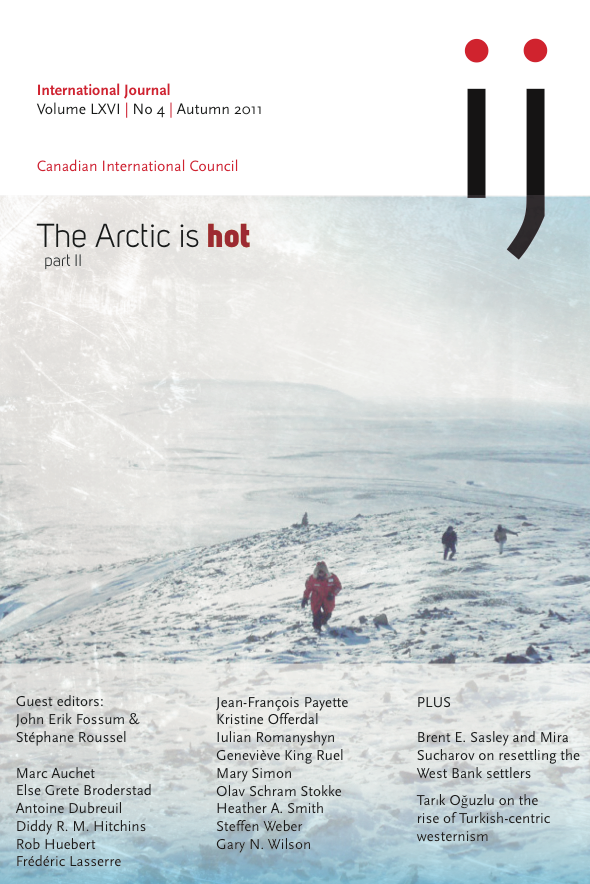 “An accelerated path of climate change has tremendously increased the Arctic’s profile over the last decade. Formerly remote and of little relevance, the region now attracts significant political and economic interest as melting ice opens possibilities for the exploitation of Arctic natural resources and access to new trade routes. Rising temperatures and sea level as a result of retreating snow and ice coverage also provoke global security concerns. Consequently, interested states increasingly link the Arctic more closely to their security and foreign policy strategies. In addition, existing territorial disputes combined with unsettled patterns of governance and actor constellations trigger regional developments with important implications for international legal and political systems….”
“An accelerated path of climate change has tremendously increased the Arctic’s profile over the last decade. Formerly remote and of little relevance, the region now attracts significant political and economic interest as melting ice opens possibilities for the exploitation of Arctic natural resources and access to new trade routes. Rising temperatures and sea level as a result of retreating snow and ice coverage also provoke global security concerns. Consequently, interested states increasingly link the Arctic more closely to their security and foreign policy strategies. In addition, existing territorial disputes combined with unsettled patterns of governance and actor constellations trigger regional developments with important implications for international legal and political systems….”
read the full paper here. Read more…
The Arctic Region – European Interests and European Policy in the High North by Steffen Weber and Iulian Romanyshyn, International Reports, Berlin, May 16, 2012, Konrad-Adenauer-Stiftung e.V.

The Arctic region is attracting more and more attention, due to the effects of climate change, the main trigger of developments. Its effects are of a larger scale than in other parts of the world. At the same time, those changes are affecting other regions, through rising sea levels on the one hand and consequences for adjacent regional climates on the other.
Global warming was a tipping point that triggered ever- increasing international concerns about Arctic developments far beyond existing regional cooperation.
Read the full paper here.


